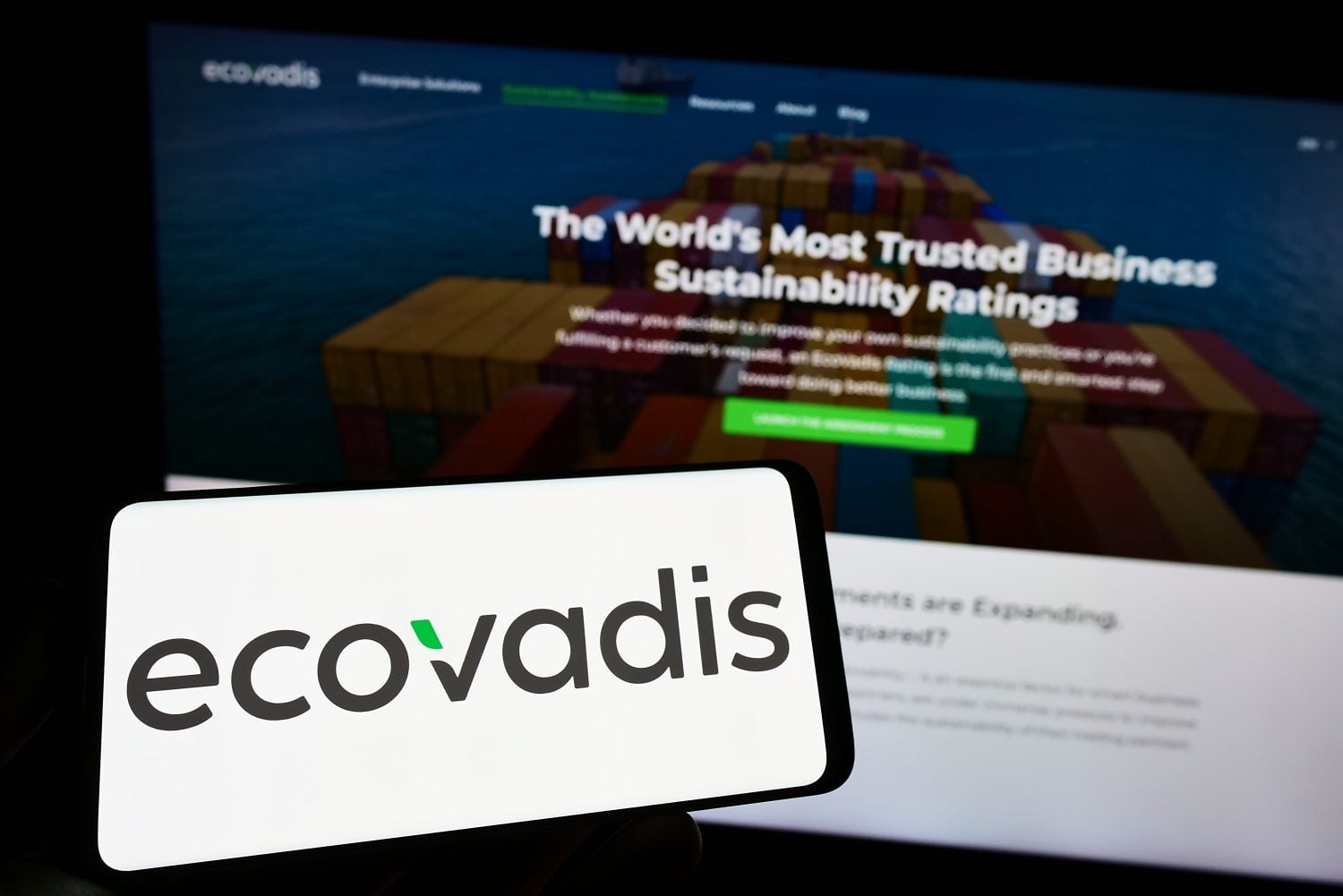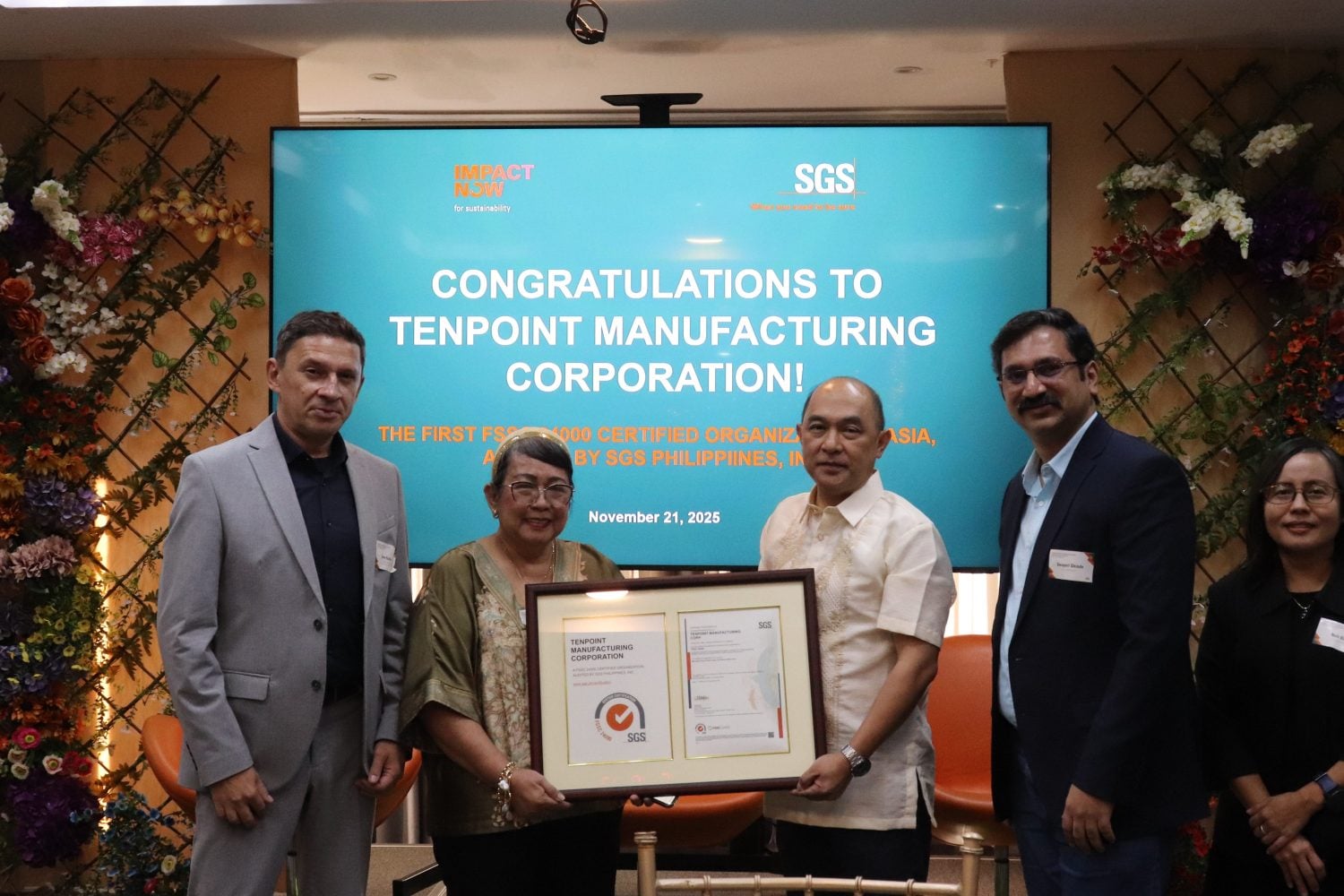In August 2025, the World Resources Institute (WRI) released a thought-provoking paper, The Elephant in the Boardroom: People Are Missing in Corporate Supply Chain Goals.

The report underscores an uncomfortable truth: while many companies focus heavily on the Environmental (E) dimension of ESG, far fewer address the Social (S) impacts within their supply chains — impacts that affect workers, communities, and ultimately business resilience.
Key Findings from the WRI Study
The report highlights several critical insights:
- Supply chains determine sustainability outcomes. The majority of a company’s impact on people, nature, and climate occurs in its supply chain.
- Cost pressures dominate. Supply chains are highly competitive, pushing suppliers to deliver at the lowest cost. Corporate sustainability targets often add requirements and costs that smaller suppliers — particularly SMEs — struggle to meet without support.
- Goals lack collaboration. Fewer than 10% of company goals adopt a true “partnership” approach. Most are framed as push-pull measures, offering little technical or financial assistance to suppliers.
- People are overlooked. Only 12% of companies have at least one people-focused goal. Just 3% target worker reskilling or upskilling, and fewer than 3% seek to improve working conditions.
The takeaway is clear: companies overwhelmingly emphasize the “E,” but neglect the “S” in ESG.
Governance Is Standardized — Why Not Social?
Governance has long been institutionalized. Following corporate scandals such as Enron, regulations like Sarbanes-Oxley in the U.S. and Sapin I and II in Europe established strong governance and reporting requirements. Today, it is inconceivable for a corporation not to publish audited financial statements or describe governance practices.
By contrast, environmental and social sustainability remain unevenly addressed. Climate change, driven by decades of scientific evidence and societal pressure since the 1970s, has brought environmental issues to the forefront. Yet social concerns have not received the same level of regulatory, investor, or public scrutiny.
Why the “S” Matters
Corporations generate wealth by producing goods and services — but this process also generates waste, emissions, and social impacts. These impacts ripple outward:
- Employees, who face working conditions that may or may not support well-being.
- Local communities, who bear the costs of industrial activities.
- Consumers and the public, who rely on corporations to act responsibly.
A company’s true societal value can be seen as the wealth it creates minus the environmental and social costs of production. Investors are paying close attention: for example, the Norwegian Sovereign Wealth Fund, the world’s largest, has divested from industries that fail to meet sustainability expectations.
From Neglect to Action
The WRI study calls for companies to systematically evaluate, identify, and address social risks and impacts across their supply chains. This is not only a matter of ethics but also of long-term business resilience.
Recent scandals underline the urgency. Reports this year alone include exploitative working conditions in Italy’s fashion industry, cases of human trafficking among seasonal berry pickers in Finland, and labor abuses in France’s champagne sector. These examples show that such issues are not confined to distant geographies; they exist within advanced economies as well.
Conclusion
The sustainability conversation can no longer be limited to environmental performance. Companies must expand their focus to ensure the social dimension of ESG receives equal weight. Addressing people-related risks in supply chains is essential, not only to avoid reputational damage but to build fair, robust, and sustainable business models.
Original article written for LinkedIn by: Francisco J. Esteve
Explore our insights
-
Insights Webinar FSSC 22000: Hygienic Transport of Food Through Effective Tank Cleaning
Past event
|
3 December, 2025
-
Webinar: Action Plan Towards COP30 - Sustainable Food Systems
Past event
|
6 November, 2025
-
Insights Webinar FSSC 24000: Make with Care, Certify for Trust
Past event
|
22 October, 2025



